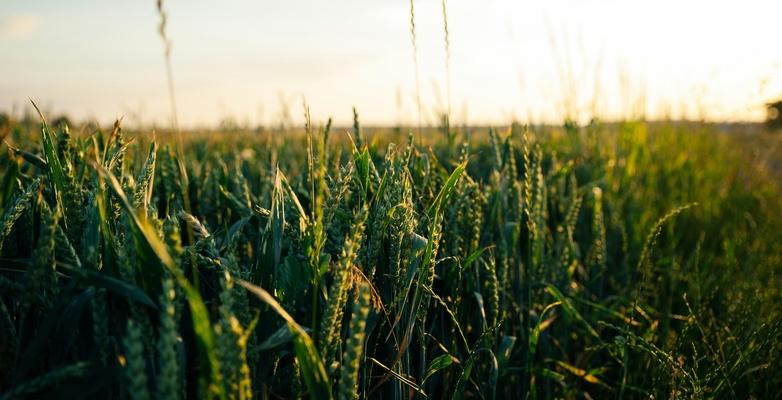
How AI Can Expedite Underutilized Crop Innovation for Mitigating Climate Change
3 min read
By Chidimma Ifeh, Baucus Climate Scholar
Resilient crops and innovative agricultural practices are vital for ensuring a sustainable future, especially as we face the growing challenges of the climate crisis.
Conventional crops, which have been the backbone of agriculture for centuries, are increasingly struggling to cope with the rapidly changing environment. This alarming threat to our food supply necessitates the exploration of alternative solutions.
One promising avenue is expanding value-added innovation of underutilized crops, often referred to as “orphan” crops. These crops have been largely ignored by mainstream agriculture despite their significant potential for environmental sustainability.
The primary reason for this neglect is that these crops have historically required slower and more resource-intensive processing, rendering them less attractive to farmers and agricultural businesses focused on efficiency and yield.
How Can AI Revolutionize Crop Innovation?
Advances in agricultural technology and a growing awareness of the need for more resilient and sustainable farming practices is beginning to generate interest in underutilized crops. And artificial intelligence (AI) is demonstrating promise as a transformative tool, with a potential for accelerating innovation and adoption of these crops, and providing new ways to tackle climate change.
AI offers a solution by speeding up the development of food products, thereby creating value for both consumers and producers. It also helps reduce food waste by finding new uses for food processing byproducts and waste streams, benefiting both the economy and the environment.
This is a sharp contrast to the traditional method in the food industry that uses trial and error, which results in significant waste before finding the right combination.
Can AI Optimize Climate-Friendly Foods Like Pulses?
Underutilized and climate-friendly crops such as pulses hold significant potential for sustainable agriculture.
Pulse crops are considered “climate-friendly” due to their various environmental benefits and adaptability to changing climatic conditions. Pulses have been recognized for fixing atmospheric nitrogen through microbial associations, reducing the need for synthetic fertilizers, and mitigating nitrogenous greenhouse gas emissions. However, their optimization during processing and product development has been a challenge due to traditional methods’ limitations.
AI can analyze extensive datasets to identify optimal processing techniques, ingredient combinations, and product formulations that meet consumer demands and sustainability goals.
When new food products are developed from pulse crops, the demand for these raw materials will naturally increase. This heightened demand will incentivize farmers to cultivate more pulses, promoting crop rotation practices that benefit soil health and agricultural productivity.
To make the most of AI’s potential in underutilized crop innovation, it is essential to encourage collaboration between scientists, farmers, industry, and policymakers. These resilient crops can be transformed into key players in building a sustainable and climate-resilient agricultural future.
Why Is AI More Important Than Ever in Agriculture?
The challenges posed by a changing climate make accelerated product innovation more pressing than ever. By advancing and refining these technologies, we pave the way for more resilient food systems.
Embracing this approach will set the stage for a new era of innovation and sustainability in agriculture. This partnership is essential for the successful integration of AI into farming practices, as it ensures that technological advancements are aligned with practical needs and regulatory frameworks.




